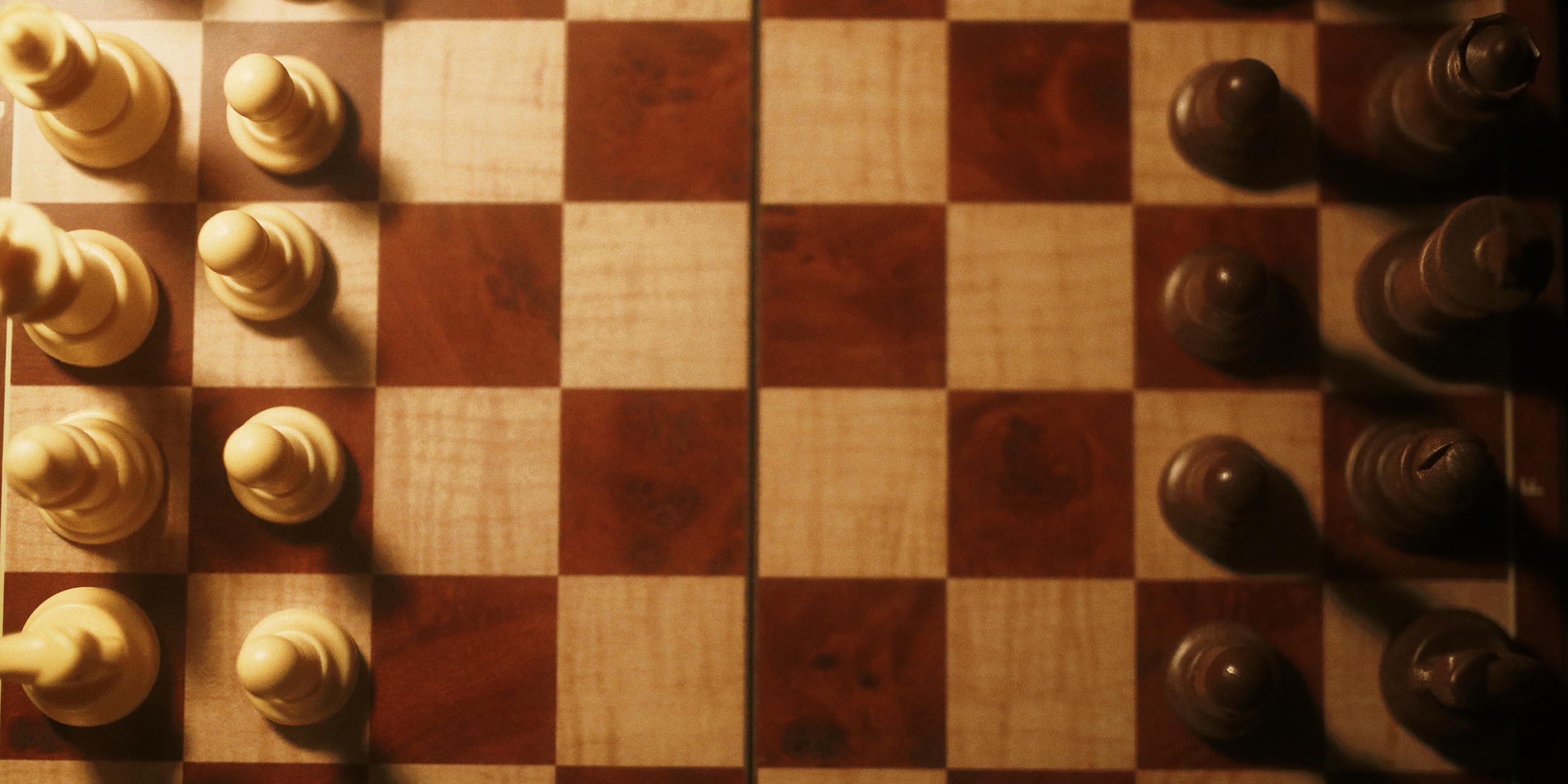Originally published 11 March 1996
It was the highbrow face-off of the century: Garry Kasparov, the world’s best chess player, vs. Deep Blue, an IBM computer that can evaluate 100 million board positions per second.
After playing dead-even in the first four games — one win, one loss, two draws — Kasparov rallied with two wins in the final games to take the $400,000 prize.
Most media commentators expressed a sigh of relief that our brains are still superior to machines. But in their commentaries there was an element of unease, as if the human race was poised on the lip of a long slide, or standing on the top rung of a ladder that someone — or some thing—is giving a violent shaking.
Behind their unease is an unexpressed fear: that our minds and Deep Blue are more alike than we care to admit.
We tenaciously cling to the idea that the mind — the thing that makes us different from machines — is a disembodied spirit that lives in the fleshy brain as a spook lives in a haunted house.
This supposed immaterial mind is the last vestige of animism. We used to believe that every rock, tree and brook was inhabited by a spirit; now only our brain has its resident ghost.
Nothing so threatens our self-esteem, our sense of selfhood, as the notion that the mind is the activity of an electrochemical computer, 10 billion neurons sparking and sputtering like a mess of silicon chips.
Fact: We don’t yet have a scientific explanation for human consciousness, self-awareness, or intuition. As far as neuroscience goes, Garry Kasparov’s remarkable ability is as unexplored as the moons of Mars.
Fact: Everything that we have so far learned about the mind — and we have learned a lot — has an electrochemical explanation. Memory, emotions, and even personality traits can be modified electrically, chemically or surgically. With contemporary imaging technology, we can literally watch a brain think, with centers of activity displayed as flickering color on the screen of a computer.
Fact: There is no compelling scientific reason to suppose that all other features of consciousness might not also have an electrochemical explanation. I know of no cognitive scientist who believes the mind exists independently of the brain.
We might as well get used to the idea that the mind and the brain are inseparable, like the software and hardware of a computer, and ultimately explainable by science, at least in outline.
The proof of this working hypothesis will come if and when machines are able to do everything we do, including reflecting upon their own operation. It’s my guess this will happen sometime in the next century, when machines become as complex and as massively parallel-wired as the human brain, although a theoretical breakthrough of some sort may be necessary before it happens.
When in a blind conversation we cannot tell if we are talking to a machine or to a human, we will have to concede the machine de facto conscious intelligence.
What then of our self-esteem? Our selfhood? We seem to have the idea that anything we can explain is not worth much. We distrust science because it tries to reduce the mysterious to the familiar, and we distrust science most of all when it intrudes upon the sacred mystery of consciousness.
But why should our self-esteem be diminished by a conscious machine that we have created? We are not threatened when our biological children turn out to be smarter or more talented than we; in fact, we are usually rather proud.
Selfhood? No machine will ever have our particular ensemble of experiences, our particular interactions with other humans, animals, plants, and machines. No machine will ever have our biological and cultural heritage, our unique interaction of thoughts and perceptions, our loves and fears. Each of us is special, irreducible, numinous. Our selfhood is no more threatened by a conscious machine than it is threatened by another human.
And what about chess? Deep Blue plays by brute computation. It tries out every possible move, 10 or 15 moves deep, looking for the one that works to best advantage. Deep Blue is simple-minded, but fast. It is deep, not intuitive.
Machines will blow away Kasparov when computer designers and programmers start building machines that learn the game the way a human does, by playing against novices, then against increasingly skilled opponents. Ultimately, computers will program themselves, based on experience, the way we do, building up a repertoire of experience, a basis for intuition.
I’m proud of Garry Kasparov; I was rooting for him to smash Deep Blue. But I’m also proud of those researchers at IBM who made and programmed the chess-playing automaton, and who will now try to make a machine that is deeper, faster, smarter. They are helping to unravel one of the deepest riddles of the universe, the mystery of mind.
Understanding consciousness does not lessen it. We should be proud to belong to a species with such powerful analytic skills. It is not a disembodied mind that makes us different from the current generation of computers; it is our formidable — and worthy — capacity for figuring things out.
After some modifications to its programming, Deep Blue went on to defeat Garry Kasparov in 1997, which was the first defeat of world chess champion by a computer. ‑Ed.



